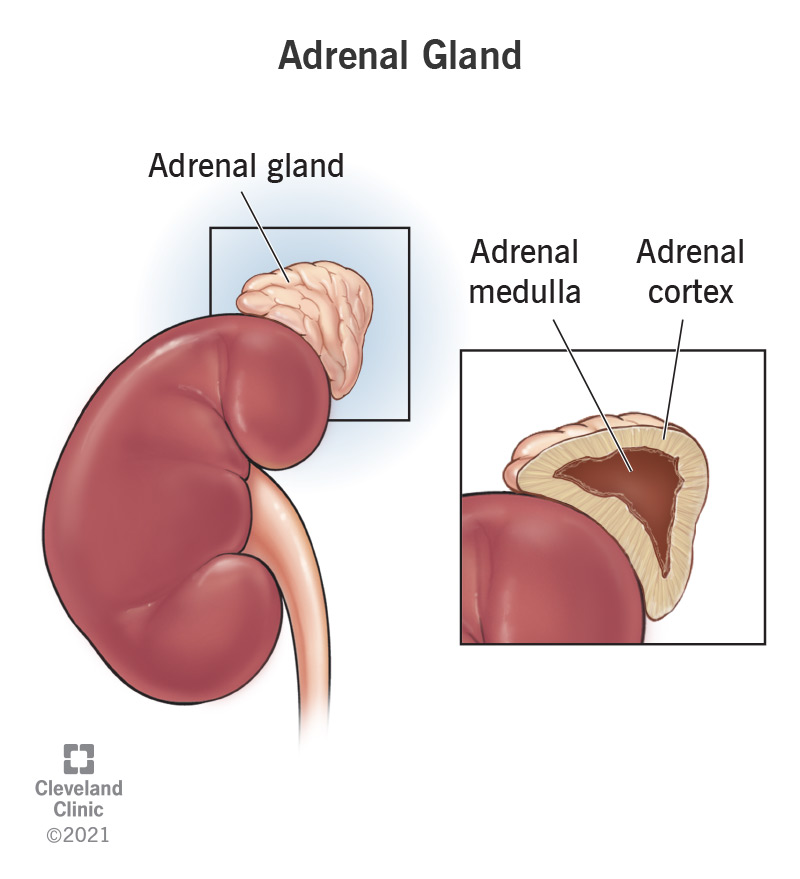Unmasking the Silent Saboteur: How Adrenal Fatigue Undermines Your Immunity and What You Can Do About It
In our fast-paced world, it's all too common to push through grueling workouts, whirlwind travels, major relocations, high-stakes exams, or demanding corporate projects. You emerge victorious, only to feel an inexplicable crash—a bone-deep exhaustion that lingers. This isn't mere tiredness; it's a signal from your body that your immune system is faltering. Far from a tired cliché, "lowered immunity" describes the aftermath of your adrenal glands being wrung dry. These vital organs, which regulate stress responses by suppressing inflammation and modulating immunity, have been overtaxed. When they falter, opportunistic threats like viruses and bacteria gain a foothold, turning everyday exposures into debilitating illnesses.
As a health professional dedicated to empowering individuals with actionable insights, I urge you to recognize this pattern not as an inevitable downside of ambition, but as a preventable vulnerability. By understanding the mechanisms at play and adopting targeted strategies, you can reclaim your resilience and safeguard your well-being. Let's delve into the science, the warning signs, and the proven path to restoration.
The Adrenal-Immune Connection: Why Stress Is Your Greatest Foe

Your adrenal glands are the unsung heroes of stress management, releasing hormones like cortisol to keep inflammation in check and maintain immune balance during high-pressure periods. But when you squeeze every ounce of performance from them—through relentless deadlines or adrenaline-fueled adventures—they deplete. The result? A cascade of vulnerabilities that manifest in increasingly severe ways.
Consider the spectrum of symptoms, all stemming from this shared root:
- Mild Indicators: Subtle but telling cues like mouth sores (canker sores), chapped lips, itchy skin rashes, or digestive discomforts such as bloating, indigestion, constipation, or diarrhea. Even styes or minor allergies that emerge later in life—particularly in women over 30—often signal adrenal underfunction rather than isolated sensitivities. These aren't random annoyances; they're your body's early whispers of immune strain.
- Moderate Setbacks: The familiar foes of colds and flu, where sore throats, runny noses, and fevers take hold. Contrary to popular belief, these aren't solely the fault of "super viruses" with high transmissibility. We brush past countless pathogens daily without issue—it's only when immunity dips that they strike. Remember the COVID-19 era? The most vulnerable weren't exposed to uniquely potent strains but were those with compromised defenses, like the elderly or individuals with comorbidities. All infections, in essence, are opportunistic, exploiting weakened barriers.
- Severe Consequences: At the extreme end lies shingles (herpes zoster), a reactivation of the dormant chickenpox virus triggered by profound immune suppression. One patient of mine, exhilarated from a dream cruise, returned home only to battle this painful condition—not from onboard transmission, but from the cumulative toll of jet lag, disrupted sleep, and unyielding excitement.
This progression isn't hyperbole; it's biology. Chronic adrenal exhaustion doesn't just invite illness—it erodes your foundational defenses. In the worst cases, persistent immune dysregulation paves the way for more sinister threats, including cancer. The message is clear: ignoring these signals doesn't build toughness; it invites escalation.
Figure 1: Prevalence of Common Stress-Related Immune Symptoms in Adults
Beyond Symptom-Chasing: The True Path to Immune Recovery

Conventional wisdom pushes for quick fixes—antipyretics for fevers, decongestants for sniffles, antivirals for shingles. While these provide symptomatic relief, they treat the branches, not the root. Your body is a self-healing marvel; medications merely buy time for it to rally. The cornerstone of true recovery? Rest. Unapologetic, intentional downtime allows your adrenals to replenish and your immune system to rebound.
But prevention is the ultimate persuasion. A robust immune framework thrives on masterful stress stewardship—not just emotional burdens like anxiety, but physical ones like sudden intense exercise or overpacked itineraries. The good news? Simple, evidence-backed practices can fortify you against these pitfalls:
- Meditation: Dedicate 10 minutes daily to mindfulness techniques, which lower cortisol levels and recalibrate your stress response. Apps and guided sessions make this accessible, transforming scattered thoughts into serene focus.
- Light Exercise: Opt for gentle activities like walking or yoga over high-intensity intervals during fatigued phases. This nurtures without depleting, enhancing circulation and endorphin flow to bolster immunity.
- Deep Breathing: Harness the power of diaphragmatic breaths—inhale for four counts, hold for four, exhale for six. This activates the parasympathetic nervous system, countering the fight-or-flight mode that drains your adrenals.
Incorporate these into your routine, and you'll notice not just fewer sick days, but a profound vitality. Early vigilance is key: Tune into digestive cues as harbingers of colds, and prioritize recovery post-exertion. Your immunity isn't infinite—it's a precious asset demanding respect.
Reclaim Your Vitality: A Call to Intentional Living

The demands of modern life won't vanish, but your response can evolve. By demystifying adrenal fatigue and embracing rest as a strategic imperative, you position yourself not as a victim of circumstance, but as the architect of enduring health. Start today: Audit your stressors, carve out recovery windows, and commit to those three pillars of stress mastery. Your future self—vibrant, unyielding, and illness-resistant—will thank you.
Invest in your immunity; it's the bedrock of every triumph. For deeper dives into cold precursors or immune-building protocols, explore trusted resources on holistic wellness. Your body is ready to thrive—will you give it the chance?

